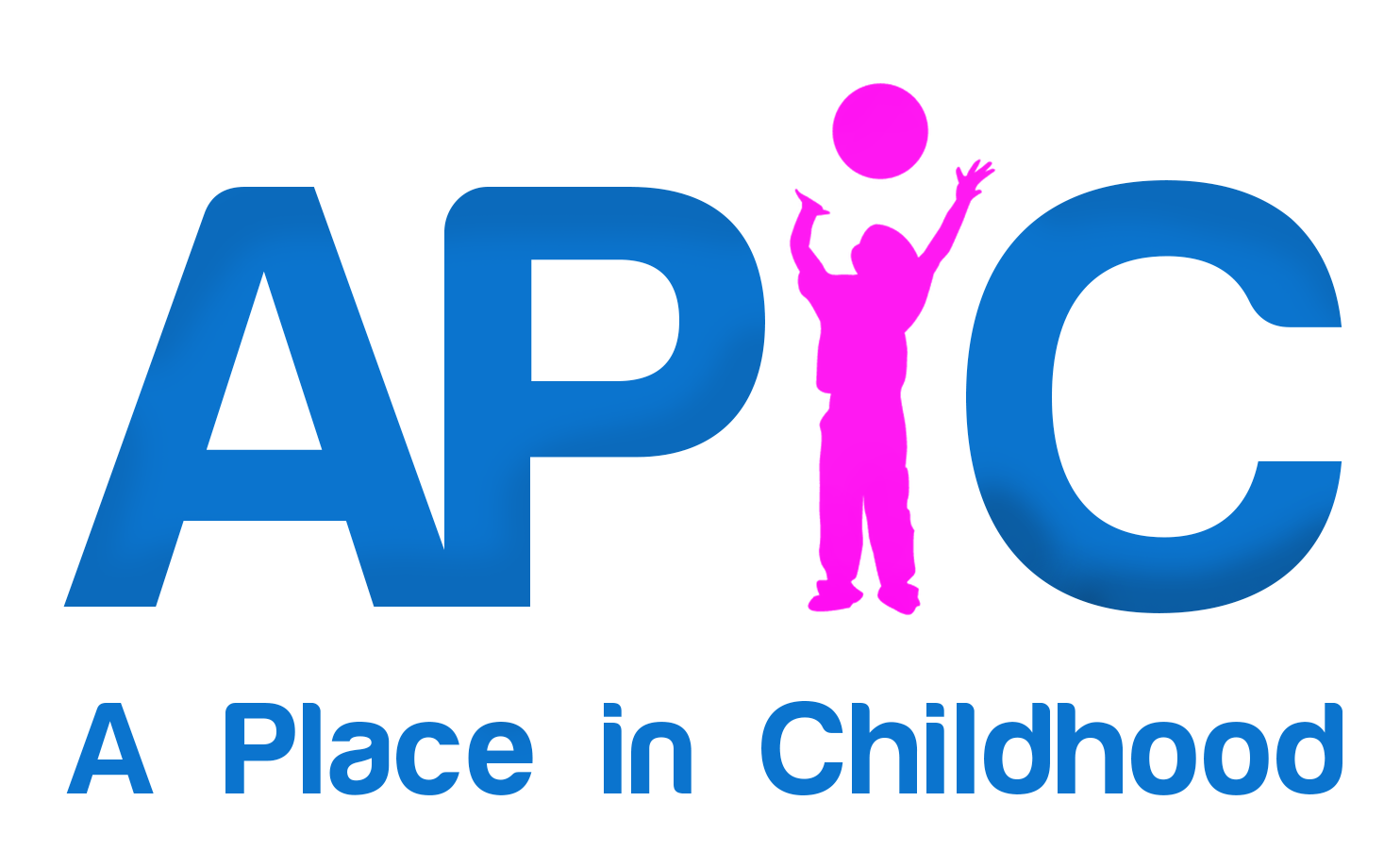We recently submitted a consultation response to Scottish Government’s draft National Planning Framework 4 (NPF4). NPF4 is a document that sets out the spatial and land use planning approach of Scottish Government up to 2045. In this blog, we lay out a summary of the main message of our response.
Who We Are
A Place in Childhood (APiC) is a Scottish Charitable Incorporated Organisation. We facilitate projects which enable the rights of young citizens to participate meaningfully in societal improvement, while building lifelong skills for a prosperous and equitable future.
Children’s lived experience combines with our research, policy, and action expertise to help their communities adapt to the unprecedented challenges and uncertainty we all face. Through this we promote superior environments for children and young people which align with the UN Convention on the Rights of the Child.
Our Vision for an Inclusive, Child-Friendly Planning System
We want to see Scottish planning deliver inclusive, child-friendly environments, where children and young people have opportunities to play, study, travel and live freely and safely, in both new developments and existing places. We want to see places designed and developed in collaboration with children and young people to support their rights and wellbeing. This will further support the Scottish Government’s goals of achieving sustainable, net zero places, and embedding equalities into the planning process and outcomes.
We have revisited the recommendations we previously issued in our response to the NPF4 ‘Call for Ideas’, as based on the 2019 APiC/ZCD Architects/RTPI report Child Friendly Planning in the UK – A Review. Measuring these against the current draft NPF4, we observe that there has been positive progress to date, particularly in relation to our Recommendations 2, 3 and 4:
- Recommendation 2: NPF4 should give central prominence to children and young people’s needs for movement and independence.
- Recommendation 3: NPF4 must ensure that play, recreation, leisure and assembling in public space is at the heart of what Scottish planning policy and decision-making delivers for children and young people, including ensuring the use of Play Sufficiency Assessments and Action Plans.
- Recommendation 4: NPF4 should support local and regional planning policy and new developments proposals that aim for desirable social and health outcomes
Yet, we believe NPF4 has further opportunity to prioritise children and young people across policies. For instance, clear links could be made to existing Scottish Government policy around children’s rights and wellbeing to ensure planners in practice are robustly signposted to other core societal goals. There is also a danger that placing the core policy around children’s play alongside blue and green infrastructure may dilute attention to, and understanding of, the multivariate ways and places children and young people play and hang out. Linked with this, we believe the language used across the document could be strengthened so that policies are easier to implement and enforce, ensuring their positive intent is realised.
Children and Young People’s Participation
We particularly believe that children and young people’s right to participate in the matters that affect them (Article 12 of the UN Convention on the Rights of the Child) must be emphasised more in NPF4, through strong, implementable, policy. This would enable the framework to meet our first recommendation:
- Recommendation 1: NPF4 should confirm children and young people’s rights to be included in planning decision-making.
Prioritising equity, diversity and democracy in planning ensures the outcomes of plans and new development meet the needs of as many as possible. In a time of multiple social, economic, and environmental crises, a focus on socially just and adaptive policies has never been more important.
Finally, across our response we note that child friendly places are also healthy, sustainable, and inclusive. They genuinely put the wellbeing of future generations at the forefront of decision-making. We request that reference be made to child-friendly planning in a similar capacity as the 20-minute neighbourhood; bringing it in as a central organising principle.
We are keen to be a proactive partner in developing and implementing NPF4. We consider it a significant opportunity to build on the policy ambitions set out under previous planning policy frameworks to improve the lives and wellbeing of young citizens through a robust child-friendly Scottish planning system.
You can find a link to our full response here. If you would like to discuss any of these ideas with us, please get in touch with us at info@aplaceinchildhood.org.
